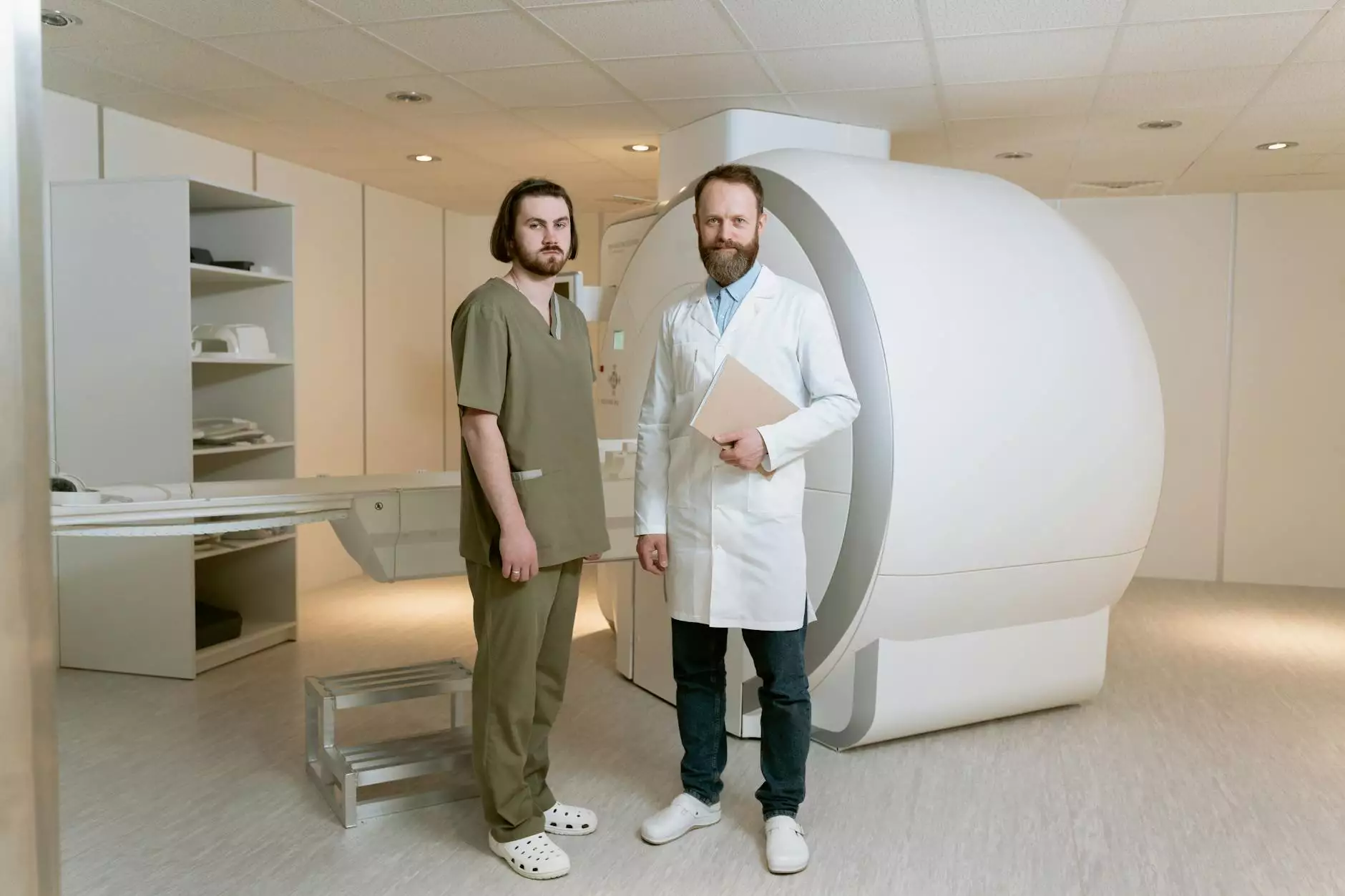Comprehensive MRI Servicing: Keeping Your Facility Running Smoothly

Magnetic Resonance Imaging (MRI) is a pivotal technology in the realm of health and medical diagnostics. MRI machines enable healthcare professionals to visualize structures within the body in unprecedented detail, aiding in accurate diagnosis and treatment planning. However, to ensure these technological marvels function optimally, regular mri servicing is essential.
Understanding MRI Technology
To appreciate the importance of mri servicing, we must first grasp how MRI technology operates. An MRI scanner uses powerful magnets, radio waves, and a computer to generate images of organs and tissues. Unlike X-rays, MRIs do not expose patients to ionizing radiation, making them a safe option for patients during diagnostic imaging.
The Components of an MRI Machine
- Magnet: The core of the MRI machine, responsible for generating a strong magnetic field.
- Radiofrequency Coils: These coils send and receive radiofrequency signals to and from the body.
- Gradient Coils: Responsible for spatial encoding of the signals to provide detailed images.
- Computer System: Processes the signals from the coils and converts them into visual images.
The Importance of Regular MRI Servicing
Just like any sophisticated machinery, MRI machines require regular servicing to maintain their functionality and accuracy. Over time, wear and tear can lead to a decline in performance, ultimately affecting the quality of diagnostic images.
Benefits of Regular MRI Servicing
- Enhanced Image Quality: Regular maintenance ensures that imaging remains consistent and clear, which is crucial for accurate diagnoses.
- Increased Equipment Lifespan: Servicing can help identify issues before they escalate, prolonging the life of expensive MRI equipment.
- Improved Patient Safety: Maintenance checks can help prevent malfunctions that might endanger patients during imaging.
- Reliable Performance: Regular servicing minimizes downtime and ensures that MRI machines are readily available for patient use.
Key Aspects of MRI Servicing
Effective mri servicing encompasses several key aspects that should not be neglected:
1. Routine Inspections
Routine inspections are vital components of MRI servicing. Trained technicians should regularly examine the machine's components, looking for wear, damage, or misalignment. This proactive approach can catch potential issues early, allowing for timely repairs.
2. Calibration
Calibrating the MRI machine ensures that it produces images with the highest accuracy and quality. Regular calibrations can prevent discrepancies that lead to diagnostic errors. This process involves adjusting the machine's settings based on known standards to ensure optimal performance.
3. Preventative Maintenance
Preventative maintenance involves scheduling regular service intervals for tasks like cleaning, tightening connections, and updating software. This systematic approach mitigates the risks associated with equipment failure and enhances the reliability of MRI services.
4. Software Updates
As technology evolves, software upgrades become critical for MRI machines to remain compatible with the latest diagnostic methods and imaging techniques. Regularly updating software helps in maintaining the device's efficiency and accuracy.
Choosing the Right MRI Servicing Provider
When it comes to mri servicing, choosing the right service provider is crucial. Here are some key factors to consider:
1. Experience and Expertise
Look for a provider with extensive experience and specialization in MRI servicing. Experienced technicians understand the nuances of different MRI models and can provide better service.
2. Quality of Service
The quality of service is paramount. Research customer testimonials and reviews to gauge the provider's reputation in the industry. A reliable MRI servicing provider should have a history of excellent customer service and technical support.
3. Comprehensive Services
Choose a provider that offers a wide range of services, including emergency repairs, routine maintenance, and calibration. This ensures you have a one-stop solution for all your MRI servicing needs.
4. Certifications and Compliance
Ensure that the service provider complies with industry standards and holds the necessary certifications. This compliance guarantees that the servicing meets healthcare regulations and safety standards.
The Future of MRI Servicing
The landscape of medical technology is ever-evolving, and the field of mri servicing is no different. With advancements in imaging technology and the growing importance of telemedicine, the future looks promising:
1. Integration of AI in Maintenance
Artificial intelligence is beginning to play a role in the monitoring and maintenance of MRI machines. AI can analyze performance data and predict maintenance needs, allowing for even more precise and timely servicing.
2. Remote Monitoring and Troubleshooting
Remote monitoring technology allows technicians to diagnose issues without being physically present. This capability can significantly reduce downtime and enhance service efficiency.
3. Training and Education
As new technologies emerge, continuous training and education for service technicians become critical. A knowledgeable workforce is essential to keep up with advancements and ensure quality servicing.
Conclusion
In conclusion, mri servicing is an essential component of maintaining the integrity and functionality of MRI machines, which are vital tools in modern healthcare. Ensuring that these machines are serviced regularly not only enhances patient safety and care but also extends the lifespan of costly medical equipment. As technologies continue to evolve, the future of MRI servicing will likely bring further innovations and improvements, enhancing the overall effectiveness of medical diagnostics.
Organizations like Echo Magnet Services are committed to providing top-notch MRI services, ensuring that healthcare providers can deliver the highest quality of care to their patients.









